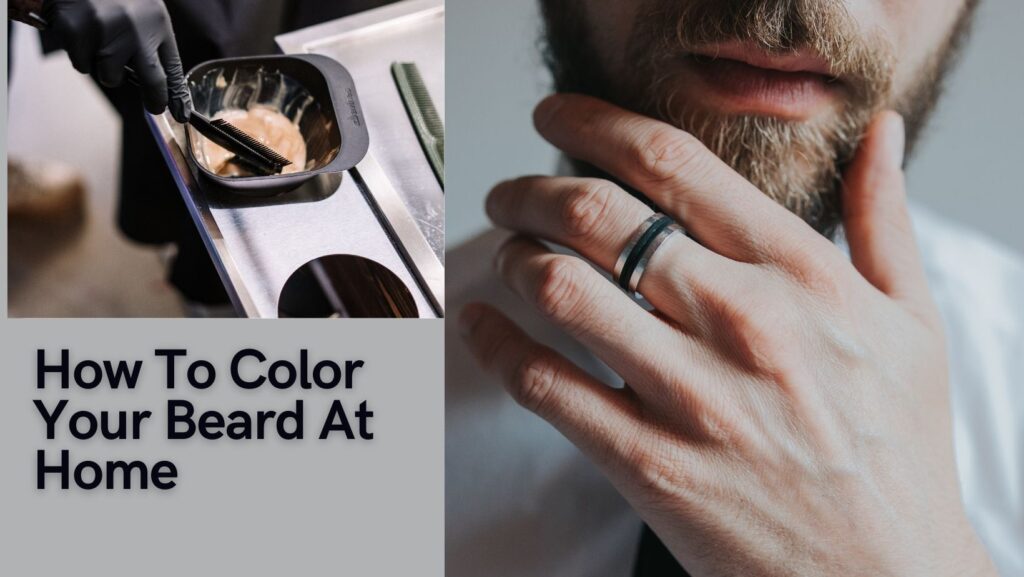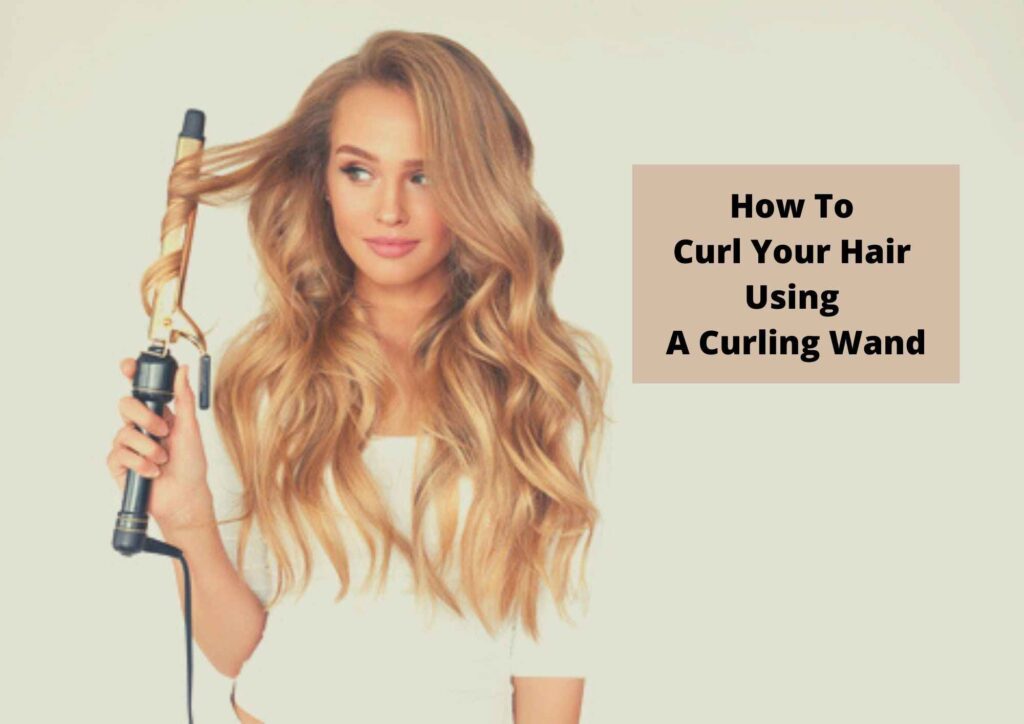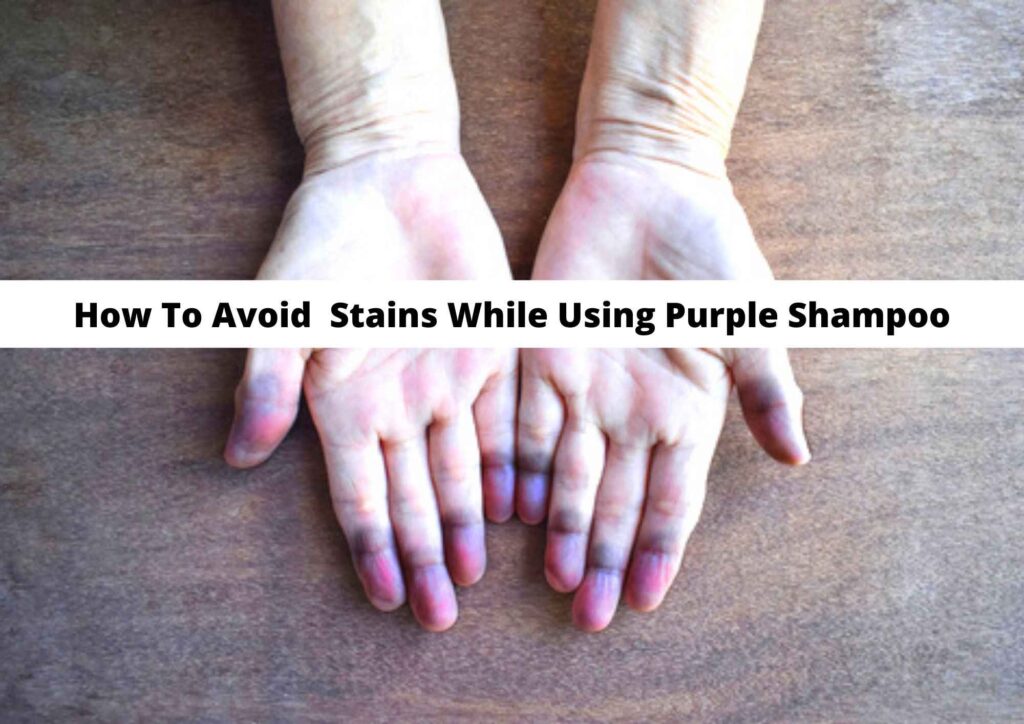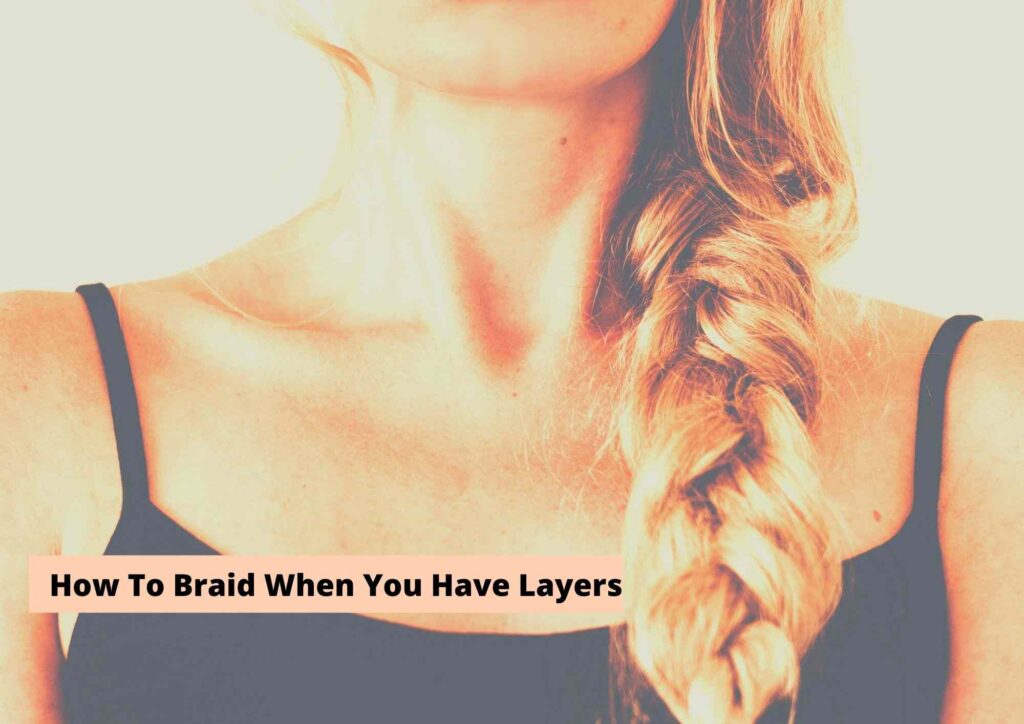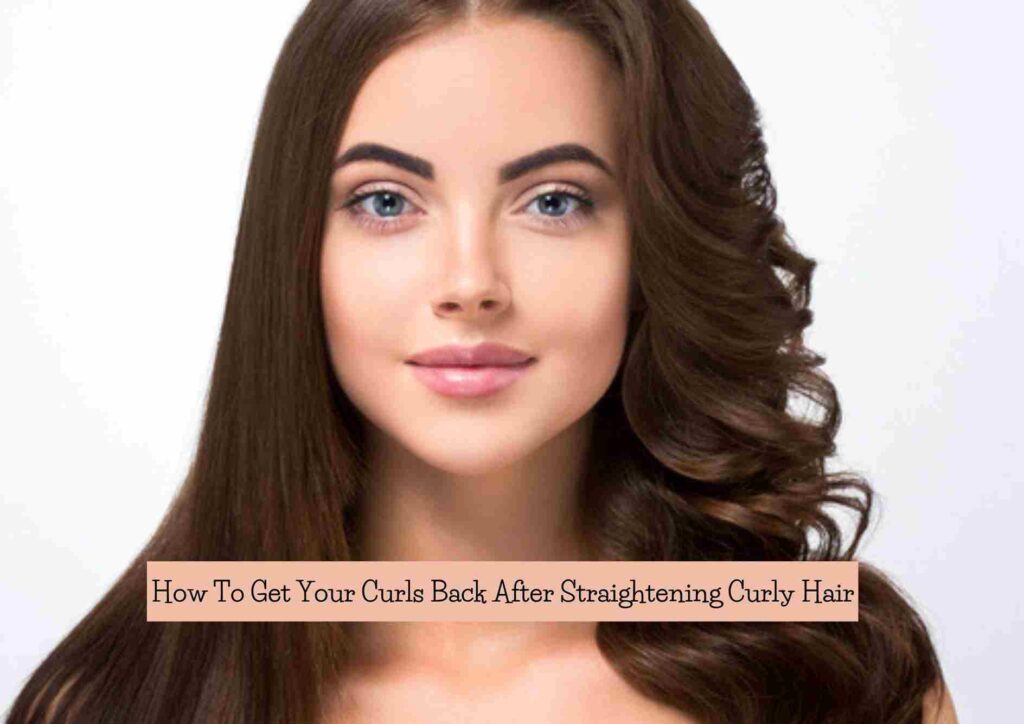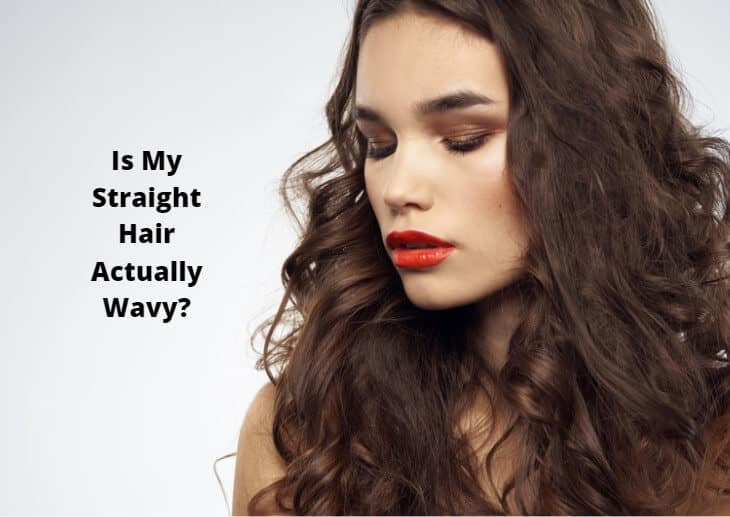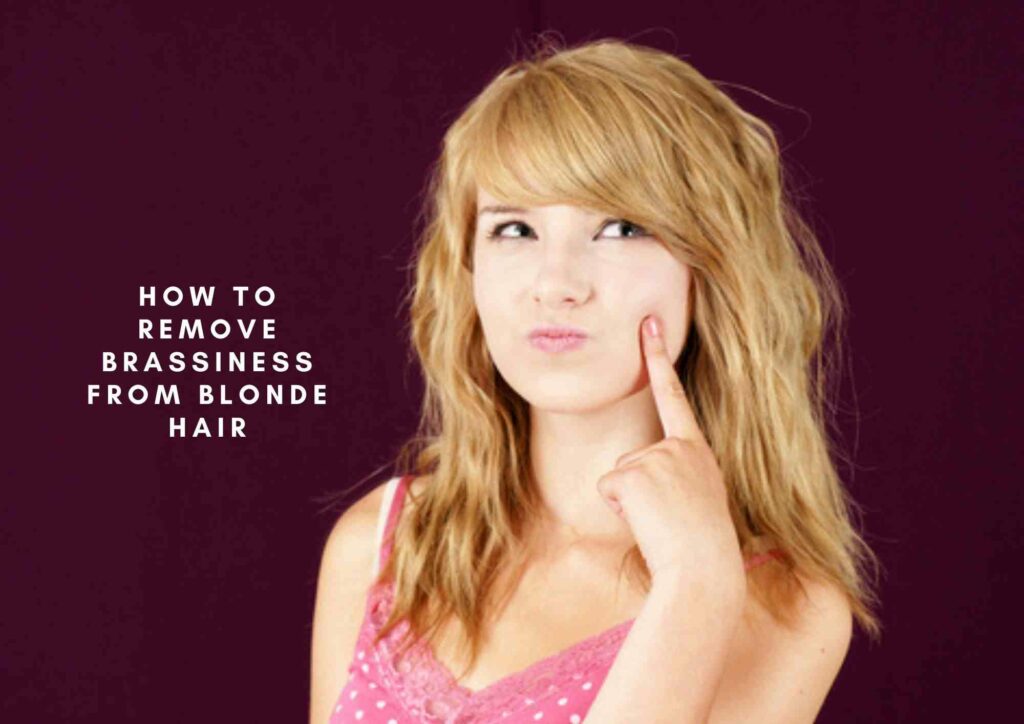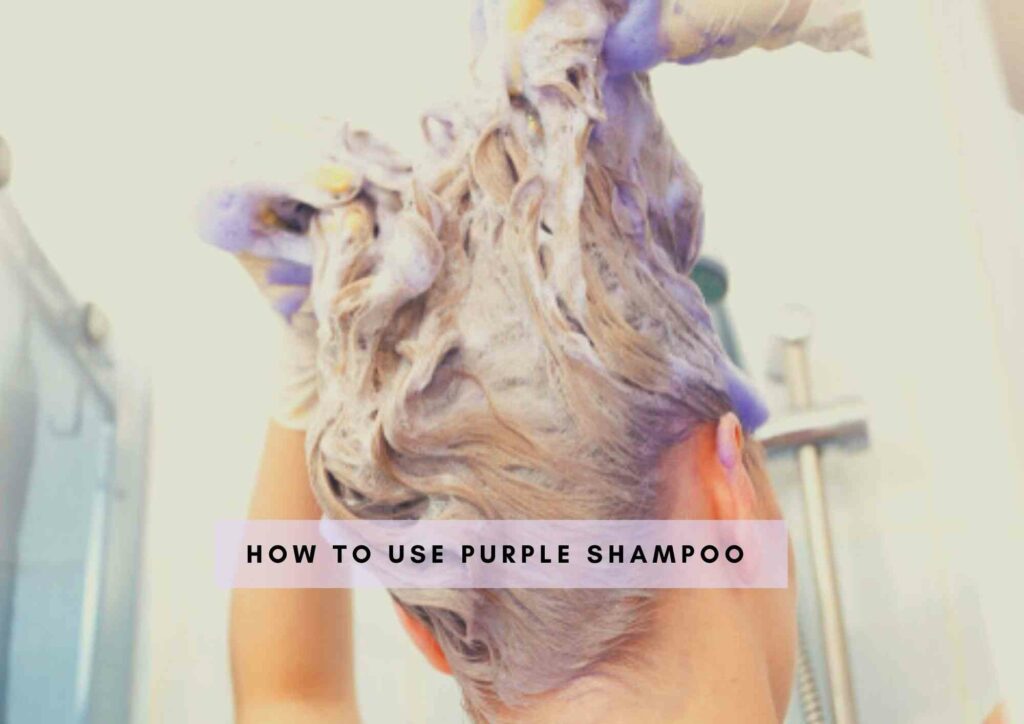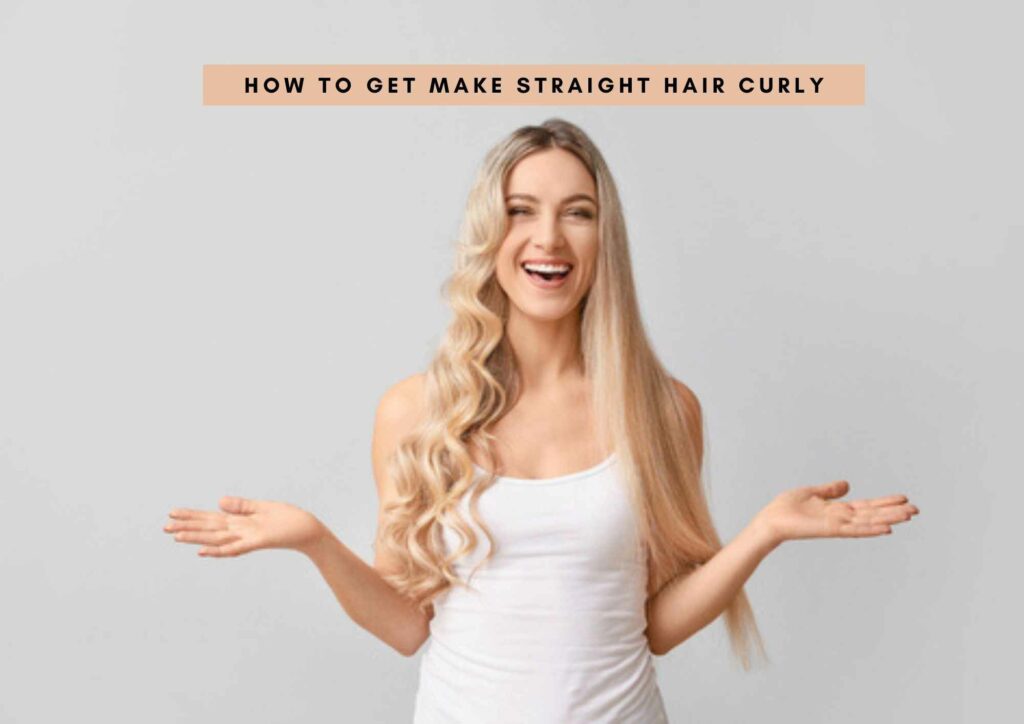Find out the different Disadvantages Of Using Henna On Hair. Henna is a natural hair dye that conditions hair too. But does it have side effects?
Henna has been celebrated for centuries as a natural dye with the power to transform hair with its rich, reddish-brown hues and to provide a seemingly healthy alternative to chemical colorants.
However, while it’s praised for its conditioning properties and organic roots, henna is not without its disadvantages. At HairEveryday, we believe in a balanced approach to hair care, where understanding both the benefits and the potential downsides of each treatment is crucial.
In this article, we’ll delve into the less-discussed aspects of using henna on hair. We’ll explore its limitations, long-term effects, and the challenges it may pose to those who regularly use it.
Whether you’re considering henna as a hair dye or are already a user experiencing unexpected results, this piece will provide valuable insights to help you navigate the complexities of natural hair treatments.
Join us as we uncover the disadvantages of using henna on hair, ensuring you’re well-informed to make the best decisions for your hair’s health and beauty.
Key takeaways:
- Using henna on hair has several disadvantages, including unpredictable color results, difficulty in removing, and potential drying effects.
- The application process of henna is time-consuming, messy, and labor-intensive
- Henna has a tendency to stain not only the hair but also skin, bathroom surfaces, and other items it comes into contact with.
- There is a risk of allergic reactions to henna, and its color can be inconsistent and patchy.
- Henna lacks a wide range of color options compared to synthetic dyes and may not work well with them if you decide to change your hair color later.
- Improper use of henna can lead to dryness and damage, particularly for individuals with already dry or damaged hair.
- It’s essential to carefully weigh the potential risks and benefits of using henna on hair before deciding to try it, as it may not be suitable for everyone and could have long-term effects on hair health.
What are some disadvantages of using henna on hair?
Some disadvantages of using henna on hair include the potential for unpredictable color results, especially over previously chemically treated hair. Henna can be difficult to remove and may not work well with synthetic dyes if you decide to change your hair color later. The application process is time-consuming, messy, and can be quite labor-intensive. Additionally, henna can dry out the hair and scalp if not used with proper conditioning treatments. Frequent henna use may also lead to buildup, making hair less manageable and more prone to tangling.
Disadvantages Of Using Henna On Hair
- 1. Limited color options
- 2. Time-consuming to apply
- 3. Drying on Hair
- 4. Stains forehead, hands, sink, etc.
- 5. Unpredictable results
- 6. Difficult to remove
- 7. Inconsistent and patchy color
- 8. Allergic reactions
If you’re someone who prefers natural hair care remedies, you may have heard about using henna as an alternative to chemical dyes. (Camargo, Flávio Bueno Jr et al. “Prevention of chemically induced hair damage by means of treatment based on proteins and polysaccharides.” Journal of cosmetic dermatology vol. 21,2 (2022): 827-835. doi:10.1111/jocd.14148) While henna does have benefits, it’s important to be aware of the potential drawbacks to using it on your hair. Here are eight disadvantages you should know about before deciding to use henna.
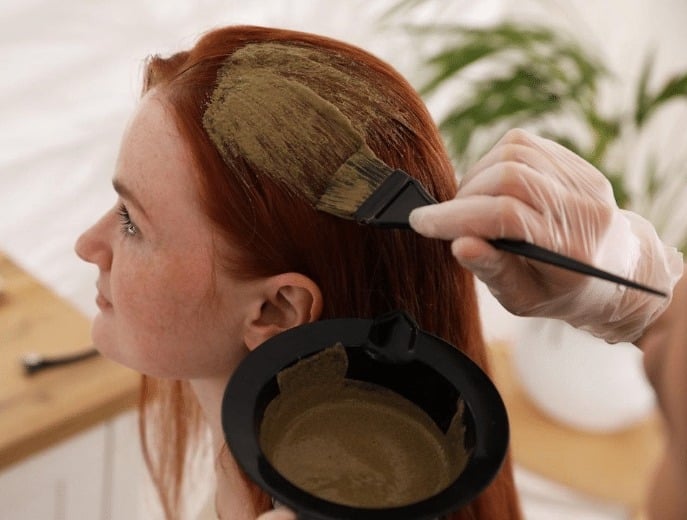
Allergic Reactions
One potential disadvantage of using henna on your hair is the risk of allergic reactions. Henna is derived from the Lawsonia plant, and while it is generally considered safe, there is still a chance of developing an allergic reaction to it.
Symptoms of an allergic reaction can range from mild to severe and may include itching, redness, swelling, or even difficulty breathing. It is important to perform a patch test before applying henna to your entire head of hair to ensure that you do not have a negative reaction.
Additionally, if you have a known allergy to plants in the same family as Lawsonia, such as tea tree or lavender, you may be more prone to developing an allergic reaction to henna. It is always best to consult with a healthcare professional if you have any concerns about using henna on your hair.
Color Unpredictability
When it comes to using henna on your hair, one potential drawback to consider is the color unpredictability that may occur. While henna is renowned for its ability to create vibrant and long-lasting hues, it can be quite difficult to predict the exact shade that will result from its application.
Factors such as your natural hair color, the quality of the henna used, and the length of time you leave it on can all contribute to variations in the final color outcome. Some individuals may find this exciting and enjoy the surprise of how their hair turns out, but for others who prefer more consistency, this unpredictability can be a downside.
It’s important to keep in mind that henna tends to darken over time, so even if the initial color seems brighter than expected, it may mellow out and deepen with each passing day. If you’re seeking precise and predictable results, you may want to explore alternative hair dye options.
Time-Consuming Application Process
The application process of henna is often regarded as time-consuming due to its intricate and meticulous nature. It involves several steps that require patience and precision. Firstly, the henna powder needs to be mixed with a suitable liquid, such as water or lemon juice, to form a smooth and consistent paste.
This mixture then needs to be left to sit and develop for several hours or overnight, allowing the dye to release and become more potent. Once the paste is ready, it needs to be applied evenly to clean and dry hair, section by section, ensuring every strand is coated thoroughly. This process can be quite labor-intensive and may require assistance, especially for those with long or thick hair.
After the application, the henna needs to be left on the hair for a prolonged period, typically ranging from one to six hours, depending on the desired intensity of color. During this time, it is crucial to avoid any activities that may cause the henna to smear or be displaced, such as excessive movement or contact with clothing or furniture.
Finally, the henna needs to be rinsed out thoroughly, which can be time-consuming as well, as the thick paste requires thorough washing to ensure no residue remains. Overall, the time-consuming application process of henna may not be suitable for those seeking a quick and convenient hair dyeing experience.
Difficulty in Removal and Color Changes
Henna’s vibrant and long-lasting color on hair may be enticing, but it can pose difficulties when it comes to removal and color changes. Removing henna from hair can be a challenging task, as the dye has a tendency to adhere stubbornly to the hair shaft.
The thick paste consistency of henna makes it particularly difficult to wash out completely, requiring multiple rounds of thorough rinsing. Additionally, henna tends to stain the hair cuticle, making it harder to make color changes or switch to a different dye. If you want to change your hair color, you may need to wait for the henna to fade or grow out before attempting a new dye.
This can be frustrating for individuals who enjoy experimenting with different hair colors or want to make frequent changes. Considering these difficulties, it is important to be aware of the potential challenges involved in removing henna from hair and the limitations it may impose on color changes.
Stains Skin, Bathroom Sink, Floor, etc.
In addition to the potential disadvantages mentioned above, one of the drawbacks of using henna on hair is its tendency to stain not only the hair but also the skin, bathroom sink, floor, and other surfaces it comes into contact with.
Henna paste has a thick consistency, which makes it prone to smearing and spreading beyond the intended application area. This can result in unsightly stains that are difficult to remove. The pigments in henna have a strong affinity for proteins, which is why it can leave stubborn stains on skin and surfaces.
Despite careful application, it is challenging to avoid accidental contact, especially when dealing with long or thick hair. It is important to take precautions, such as covering surfaces and wearing gloves, to minimize the risk of staining. However, if staining does occur, it may require diligent cleaning and potentially the use of stain-removal products to fully eliminate the henna stains.
Can Dry Hair If Used Incorrectly
Can Dry Hair If Used Incorrectly: Improper use of henna on hair can potentially lead to dryness and damage. Henna has natural drying properties, which can cause the hair to become dry and brittle if not used correctly. This is particularly true for individuals with already dry or damaged hair, as henna can further strip the hair of its natural oils, leaving it feeling parched and lifeless.
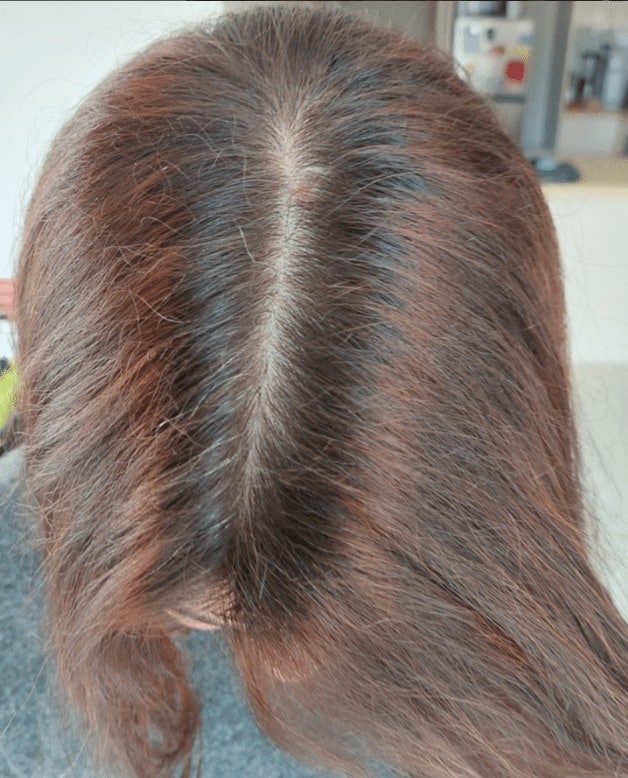
When henna is applied incorrectly, such as leaving it on for an excessive amount of time or using too much of the product, it can intensify the drying effect.
Overexposure to henna can strip the hair of moisture and leave it lacking in essential hydration. Furthermore, if the henna paste is not properly rinsed out, it can create a build-up on the hair strands, making them feel rough and prone to breakage.
To avoid drying out your hair when using henna, it is crucial to follow the instructions carefully and not exceed the recommended application time. It is also essential to thoroughly rinse out the henna paste to remove any residue that may cause dryness.
Additionally, it is advisable to use a deep conditioning treatment or moisturizing hair mask after henna application to replenish any lost moisture and nourish the hair.
But What Are The Pros Of Using Henna For Hair?
Using henna for hair comes with several benefits. It’s a natural alternative to synthetic dyes, offering a chemical-free way to color hair with a range of warm, reddish tones. Henna also coats the hair shaft, which can enhance thickness and provide a protective layer, potentially reducing breakage.
It’s known for its conditioning properties, leaving hair feeling soft and smooth after use. Additionally, some users find that henna can help reduce issues like dandruff due to its antifungal and antimicrobial properties.
As a plant-based product, it’s an eco-friendly hair treatment option that aligns with a more sustainable and holistic approach to beauty. However, individual results can vary, and it’s important to consider the potential drawbacks alongside these advantages.
So, Should I Stop Using Henna For Hair?
The decision to stop using henna for your hair depends on your personal experience and hair care goals. If you are satisfied with the color and condition of your hair after using henna, and you don’t mind its long-term commitment and the application process, there may be no reason to stop.
However, if you experience negative effects, such as dryness, difficulty in achieving the desired color, or challenges with changing hair colors in the future due to henna’s lasting effects, you might consider exploring other hair coloring options.
Always weigh the pros and cons and consider your hair’s health and your lifestyle needs before making a decision. If in doubt, consulting with a hair care professional can provide personalized advice.
Why You Should Trust Haireveryday?
The author of this article, Leah Marie Priest has a degree in Cosmetology with years of experience in dealing with hair care, scalp care, and hairstyling. As someone who extensively deals with all kinds of hair textures, products, styling methods and more, hair Leah Marie knows what kind of products and procedures suit each hair type and person. We have also tested these hair products and processes ourselves to provide you an unbiased review about every product. Each of our articles are also reviewed by a team of medical professionals so that you get the most accurate and expert-reviewed information.
Overall, the choice between henna and synthetic hair dye will depend on your personal preferences and priorities. If you’re looking for a natural option and don’t mind a more limited range of shades, henna can be a great choice.
If you want a wider range of colors and don’t mind using chemicals, synthetic hair dye may be the better option.
In conclusion, it’s time to stop romanticizing the use of henna on hair. The disadvantages of henna on hair are more than just the occasional color mishap or scalp irritation.
The potential risks of damage, allergies, and impurities make it necessary to approach henna with caution. While henna may seem like an alluring alternative to harmful chemical dyes and treatments, it’s essential to be well-informed before trying it.
So next time you’re tempted to try henna on your hair, make sure to weigh the potential costs and benefits, and proceed with caution. Your hair deserves only the best, so it’s worth taking the time to do your research.
Also Read:
Is it ok to use Henna on My Hair Two Days in a Row
Tips for mixing Henna And Indigo For Black Hair
Is it safe to use Henna on my Hair While Pregnant
Is it safe to Keep Henna on hair overnight
To Summarize



